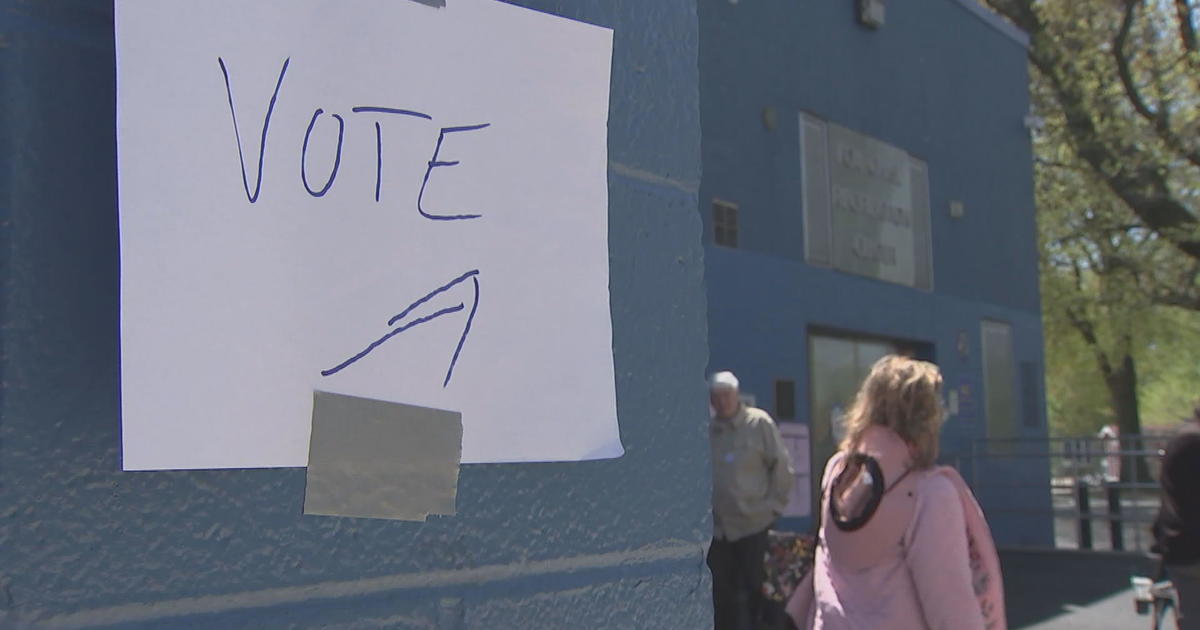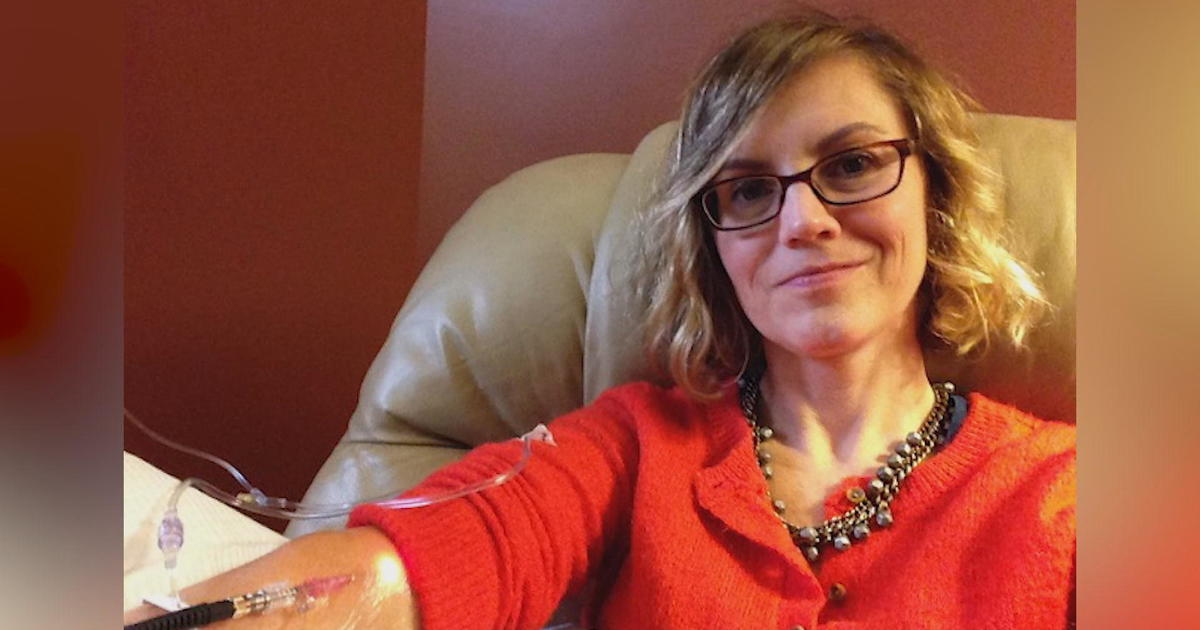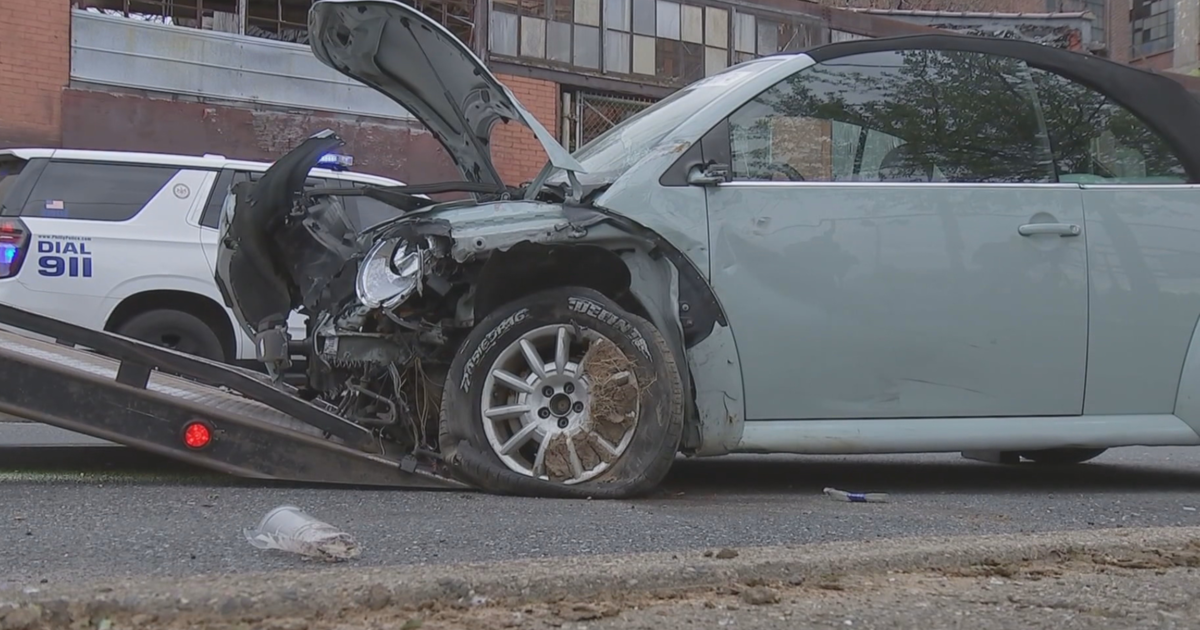Economist Chris Butler: 'Free Community College Will Overload The System'
By Chris Stigall
PHILADELPHIA (CBS) -- With President Obama announcing his plans for the first two years of community college to be paid in full by the federal and state governments, responses have been less than enthusiastic by some economists.
Economist Chris Butler of Butler, Lanz and Wagler talked with WPHT morning show host Chris Stigall about the announcement and how the numbers do not make any sense to him.
"Thing that most people understand, I wonder exactly how many do, that there is no such thing as anything that's free provided by the federal government. They don't have a machine at the white house that creates wealth. There is nothing that's free that comes from the government. My guess is that this is going to somebody's budget office and they're going to start picking it apart and they're going to see that 'okay, we're going to have to raise taxes here, here, and here.'"
With over 57,000 applicants already received by the Tennessee program, Butler is concerned about all of the negative effects that it will have on both two and four year institutions.
"It overloads the junior college system at the expense of the four year institutions, which is why I find it absolutely unbelievable. You're going to suck all of these kids out of the four year institutions, that's a problem for the four year institutions and then you're going to put them in a junior college that gets overloaded. There are not enough seats for that kind of participation in state's junior college system. "
While Butler has three degrees and is currently working on a Ph.D., he questions whether or not a college education is worth the payoff.
"As the price of college education escalated exponentially over the last ten years for sure, but certainly over the last 25, you do have to start wonder 'what is the payoff?' I knew a person that went to Harvard to get a degree in social work well that was possible with my generation, but today I'm not sure a parent would be willing to fund that investment because it's unlikely that that investment will be paid within any kind of reasonable period of time. I'm hearing parents now talk about the return now on that investment. That's a conversation you used to never hear until these costs got out of control."
You may also be interested in these stories:



